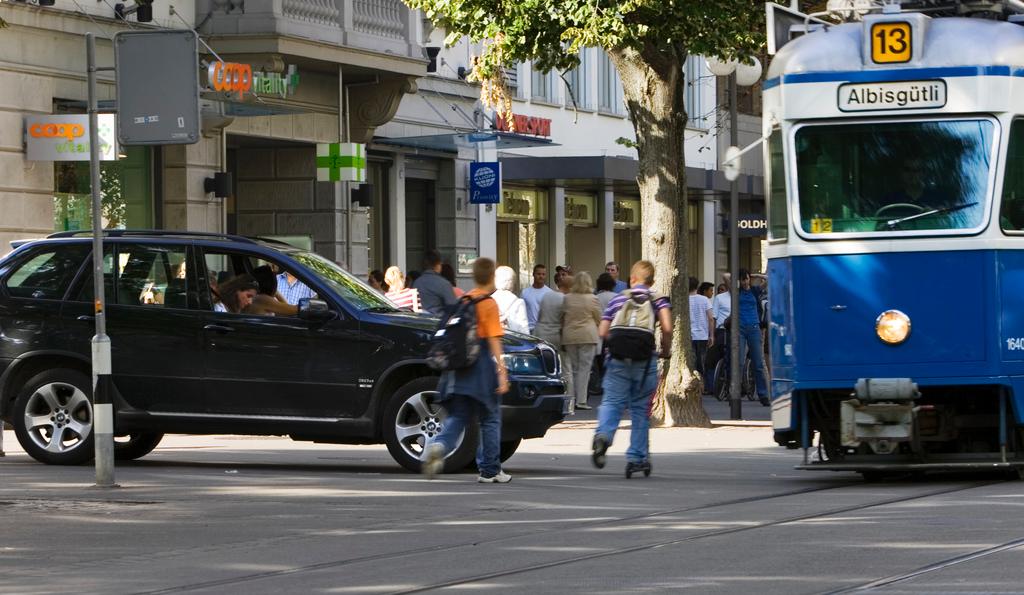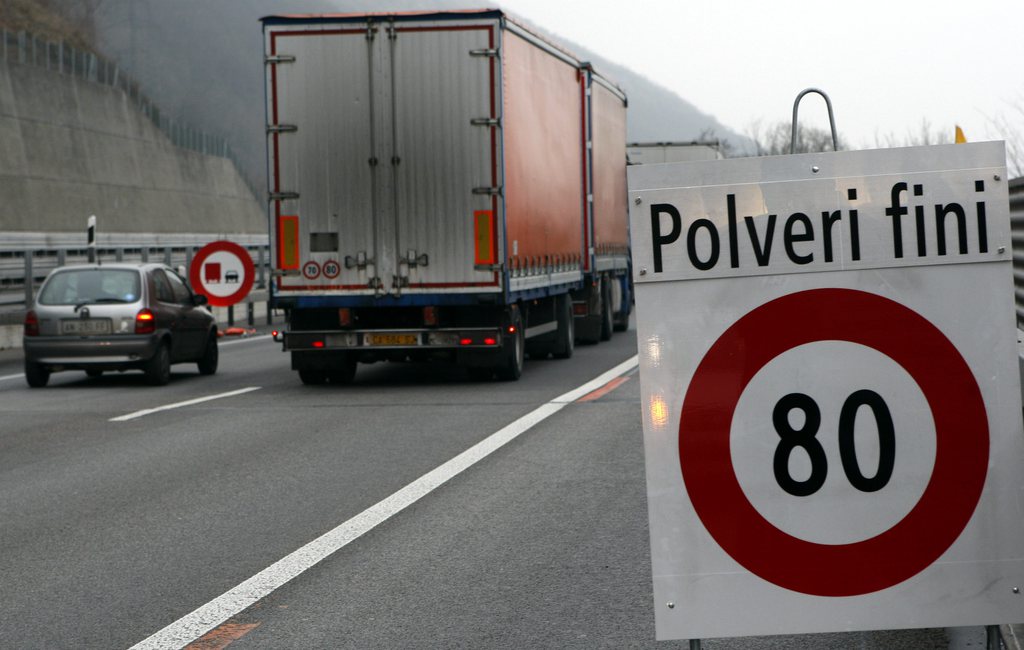Off-roaders reach new peaks as market shifts

What do Jaguar, Bentley and Rolls-Royce have in common? They are British marques, they are owned by foreign companies and they are piling into the must-have car of the 21st century: the sport utility vehicle.
As the great and the good of the car industry assemble in Geneva today for the annual motor show, the predominance of these bulky cars with off-road pretensions will be apparent.
The annual gathering in Switzerland’s second city will see carmakers reveal products as they search for their next big hit and seek to reinvigorate interest in their brands.
“The trick is to have an attractive car, because people will be prepared to pay more for that,” says Håkan Samuelsson, chief executive of Volvo Cars, the Swedish brand that recently launched an updated version of its XC90 four-wheel drive. “And right now the market considers the SUV an attractive car.”

More
Financial Times
External linkThe rise of the SUV reflects a shift in consumer tastes towards vehicles with rugged looks and a large presence on the road, as well as a perceived increased capability, utility and safety.
Many of the less expensive SUVs offer little or no more space than saloon or hatchback alternatives, and are not four-wheel drive.
“It’s not because people want better traction in the snow,” Mr Samuelsson says.
Increasing market share
The shift in consumer preference has come largely at the expense of the saloon, typified by the Ford Mondeo. Such sedan models have seen their market share in Europe dwindle from more than 11% in 2005 to an estimated 5% this year, according to IHS Automotive.
Contrast that with the performance of SUVs in Europe over the same period, which have gone from a share of 5% to an estimated 22%.
Analysts at Exane BNP Paribas think that this could rise to almost a third by the end of the decade, equalling the current level of SUV penetration in North America.
Carmakers including Renault of France, SsangYong and Hyundai of South Korea and China’s Qoros each plan to reveal new SUVs in Geneva. Jaguar, Bentley and Rolls-Royce are not expected to show SUVs in Geneva but more details of their putative plans are likely to emerge.
Some of the launches at Geneva will be “mini” SUVs, such as the Infiniti QX30 concept vehicle. This is a compact vehicle from Nissan’s luxury marque with a higher seating position and elevated road clearance, designed on a theme that the carmaker calls “stylish protection”.
Tim Urquhart, analyst at IHS Automotive, says: “No carmaker wanting to have serious volume and share in Europe, and specifically western Europe, can be without a midsized SUV, and increasingly a compact, crossover model too.”
The benefit for carmakers is that the added cost of building an SUV is generally outweighed by the premium they can charge for the vehicles.
“They have the advantage of being able to use, in many cases, lightly modified conventional passenger-car architecture . . . for relatively low additional development costs,” Mr Urquhart says.
SUVs have a proved record in fuelling overall sales, particularly for premium carmakers. For instance, the Macan, a compact SUV introduced by Porsche in 2014, rang up 45,000 sales in its first year – almost a quarter of the German sports car maker’s sales last year.
Since the launch of the Macan’s big brother, the Cayenne, in Geneva five years ago, Porsche’s sales have gone from 96,000 in 2010 to 190,000 in 2014.
CO2 penalty
Moving into new-model territory is a way for many carmakers to broaden their base of customers. Around three-quarters of Porsche Macan customers were new to Porsche.
“I don’t want to be chasing and cannibalising my existing customer base with new products,” Ian Robertson, board member for sales and marketing at BMW, which makes SUVs, says.
But the consumer shift to SUVs marks a challenge as well as an opportunity for carmakers. In a Catch-22, these hulking vehicles bring in the profits needed to fund investment into more fuel-efficient vehicles but make it harder to meet stringent carbon dioxide emissions targets set by Brussels.
“Cutting CO2 is clearly difficult when your customers want to drive bigger, heavier cars,” Stuart Pearson, analyst at Exane, writes in a report.
The average SUV emits about 35% more CO2 per kilometre than a conventional hatchback or saloon, largely because it is heavier, he says.
Carmakers have to offset heavier, more polluting vehicles in their fleets with fuel-efficient products. “While much of the growth in SUVs and crossovers has been in compact or midsized rather than full-fat versions of the body style, there is still an inevitable CO2 penalty versus the conventional [compact] body style alternative.”
Copyright The Financial Times Limited 2015
Swiss SUV use
“Switzerland is a 4×4 country, an all-wheel nation,” according to 4x4schweiz.chExternal link. “That is undisputed. Almost nowhere are more 4×4 vehicles driven: in 2013, 36% of newly registered cars had all-wheel drive.”
Not everyone is happy about this. In 2007, the youth wing of the Green Party collected enough signatures to force a nationwide vote to ban SUVs with an output of more than 250 grammes/km or weighing more than 2.2 tonnes.
The group withdrew the initiative in 2011 (a year before voters were to have their say) because it said a government counter-proposal – which set a limit for greenhouse gas output of 130-grammes per kilometre for new cars and imposed a special tax for vehicles with a higher output – was better.
The Association of Car Importers welcomed the withdrawal of the initiative but criticised parliament’s decision to levy a tax on heavy polluters.

In compliance with the JTI standards
More: SWI swissinfo.ch certified by the Journalism Trust Initiative


You can find an overview of ongoing debates with our journalists here. Please join us!
If you want to start a conversation about a topic raised in this article or want to report factual errors, email us at english@swissinfo.ch.